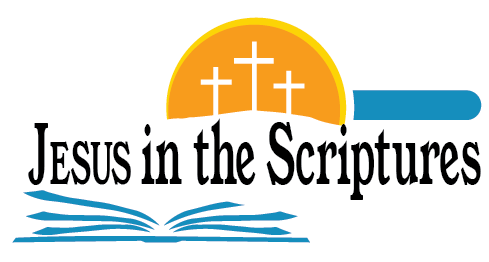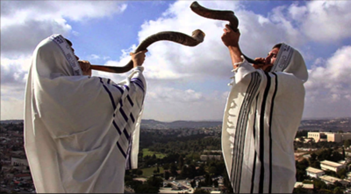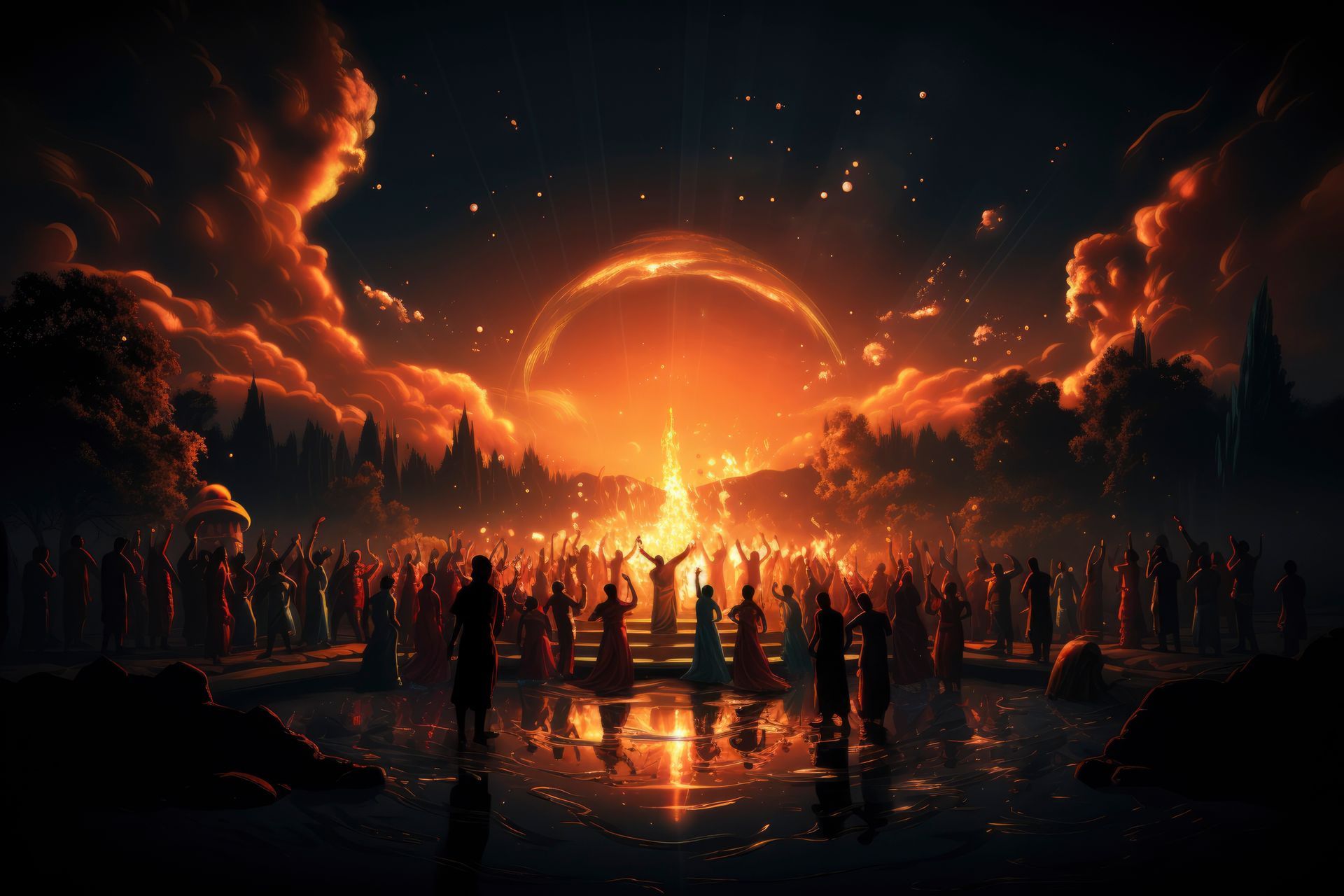Between a rock and a hard place
Psalm 120:6. Too long have I had my dwelling among those who hate peace. I am for peace, but when they speak, they are for war.

Bisbee is a city in southeastern Arizona in the United States. Bisbee was founded as a copper, gold, and silver mining town in the 1880s. Mineral development in the region had proceeded slowly in the 1860s, and often rich strikes were abandoned due to hostilities with the fierce Apache tribes. However, with electrification and a new railroad in the early 1880s, change swept through the town and the population grew rapidly. With no regulations in place, drunkenness and violence was common place.
The onset of World War I caused a dramatic rise in the demand for copper. Although this should have been a positive development, miners were often expected to work harder and longer hours for the same pay. While increased commodity prices were generally seen as a positive development in western mining towns, the reality was that it placed more strenuous demands on the miners.
Because of this, the miners would strike for better renumeration and conditions. They were harshly treated when they were striking, and it is recorded that on one occasion, 1 000 miners were shipped through the desert without water of food at gunpoint. Allegations were that they were members of the Industrial Workers of the World union.
The phrase “ between a rock and a hard place” apparently originated here in the early 20th century. It is said to have first been used by these miners in Bisbee, Arizona, who in 1912 had to choose between facing the hard conditions in the mines (the rock), or the equally difficult conditions outside the mines (the hard place). Various other idioms express the same concept: “Between the devil and the deep blue sea”, “on the horns of a dilemma,” “Hobson’s choice” and “in a tight spot.”
Psalm 120:1 reads: “In my distress I called upon the Lord and He answered me.” The Hebrew word for “in my distress” is בַּצָּרָ֣תָה batsaratah. This word is derived from the Hebrew root word צָרָה tsarah. The word tsarah occurs in 73 times in the Hebrew Old Testament and it means facing an opponent, to be a narrow place, or to be boxed in. A tight spot, as expressed by the idiom.
There are many reasons biblically why people found themselves between a rock and a hard place. One such an example records the battle of the five and four kings in Genesis 14. It describes how Chedorlaomer, the king of Elam, mustered the coalition of Arioch, the king of Ellasar, Tidal, the king of Goiim, and Amraphel, the king of Shinar to battle in the valley of Shiddim. Lot was taken captive by Sodom, one of the opposing kings. Abaham recued Lot with 318 men. After this Melchisedek, had bread and wine with him, and said: Blessed be Abram by God Most High, Possessor of heaven and earth; and blessed be God Most High, who has delivered your enemies into your hand.” The word enemy is spelt צָרֶ֖יךָ, tsareka, a derivation of the word tsarah. Lot was saved regardless of facing these opponents.
In another instance, recorded in Numbers 22:26, the word tsar צָ֔ר, dropping the ה hey, is used. The word here is translated as a narrow place. This chapter records the narrative where the donkey supernationally spoke to Balaam. Balaam, it is recorded, went with the Moabite officials to curse Israel. God, the narrative states, was very angry about this. It is on this journey the angel of the Lord stood in the road to oppose him. The text records that the angel of the Lord stood in a narrow place. Here it can be understood that God will protect His people. So much so, that He places the enemy in a narrow place, tsar צָ֔ר.
The book of Jonah records another reason why we find ourselves in distress. The book does not express who the author is, but only Jonah could have known the intimate details described in the book of Jonah. Jonah took a ship to Tarshish in disobedience to God’s instruction to go and preach to Nineveh. God divinely caused a storm on the sea and Jonah was hurled overboard where a great fish shallowed him. He was literally boxed in. In the belly of the great fish, Jonah 2:2, it is recorded: “ I called out to the Lord, out of my distress.” The Hebrew word here mits’sarah מִצָּ֥רָה, using the root tsarah, is translated as distress.
And sometimes we find ourselves between a rock and a hard place because it is part of God’s divine plan. The narrative of Joseph tells the story of how Joseph was sold by his brothers to the Ishmaelites. God’s favour on his life caused him to be promoted to second in charge of Egypt. When the famine hit Israel, Joseph’s brothers went to Egypt to buy provisions. Here is what Joseph said: And now, do not be distressed because you sold me here. As for you, you meant evil against me, but God meant it for good, Genesis 45:5,50:2.
Joseph moved his father, Jacob, and his whole household to Egypt in 1875 BC. They lived in the land of Goshen, but when a new Pharoah arose, he oppressed them. The Bible repeats the phrase “brought you out of the land of Egypt,” approximately 56 times in the Hebrew Old Testament.
The name Egypt is spelt מצרים Mitsraim. Mitsraim is derived from the word metsar מצר written with double stress indicated by the letter yod and mem, im ים. The word therefore means double stress. Egypt was the first recorded “world government” of ancient times. It is no surprise that Jesus said: “In this world you will have tribulation,” John 16:33, as the very name Egypt, symbolic of the world, in the Hebrew reflects distress, adversary, and opposition. Embedded in the name Egypt, the noun tsarah צרה means distress, the noun צר tsar means adversary, and the verb צור tsur, to oppose.
This is also the situation in which the author of Psalm 120 found himself. He spoke of deceitful tongues, sharp arrows and dwelling among those who hate peace. Today, the players are different, but God is still the same. He will deliver from distress even though the television headlines daily announce wars and rumours of wars, as He did in the battle of the four and five kings, He will protect you amidst lies and verbal onslaughts, as He did for Israel in the narrative of Balaam, He will deliver you from distress, even if it was caused by your disobedience, like Jonah, But the pivotal reason why God delivers, is because His divine plan is for good and not evil, like Joseph. Whatever the reason might be, call on Him, He will deliver you from distress for:
We know that for those who love God all things work together for good, for those who are called according to His purpose, Roman 8:28.










